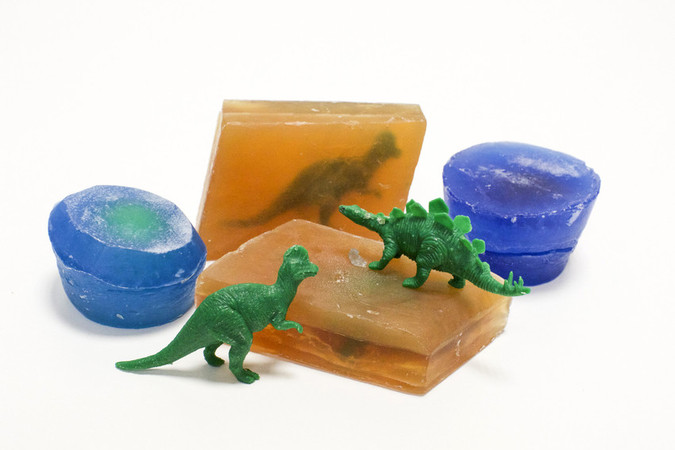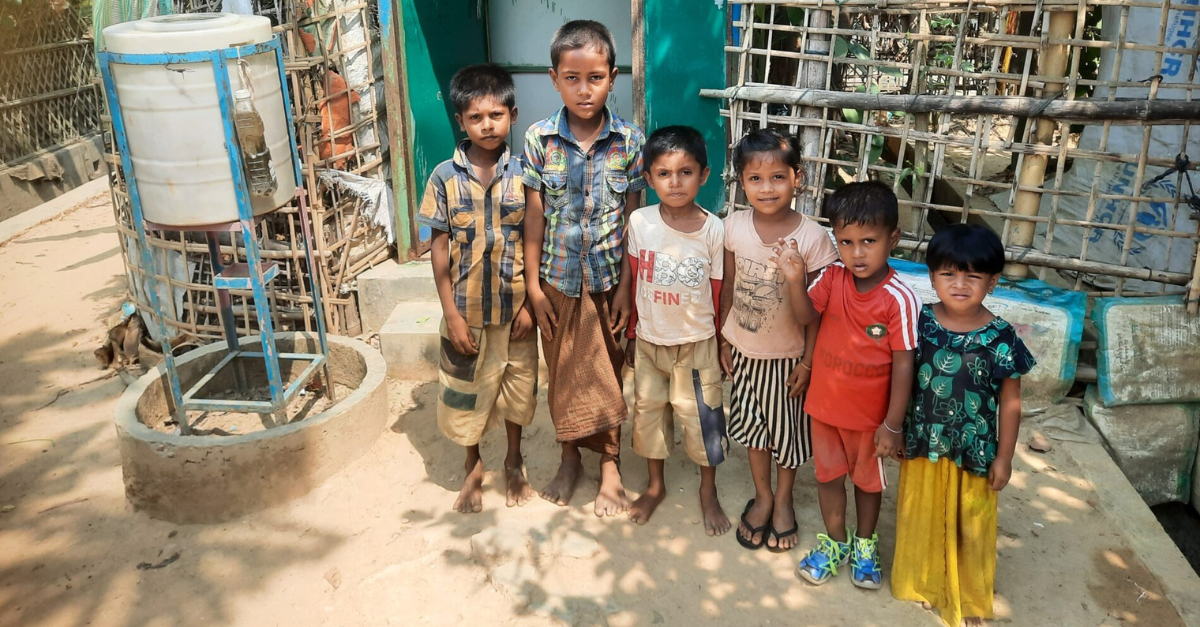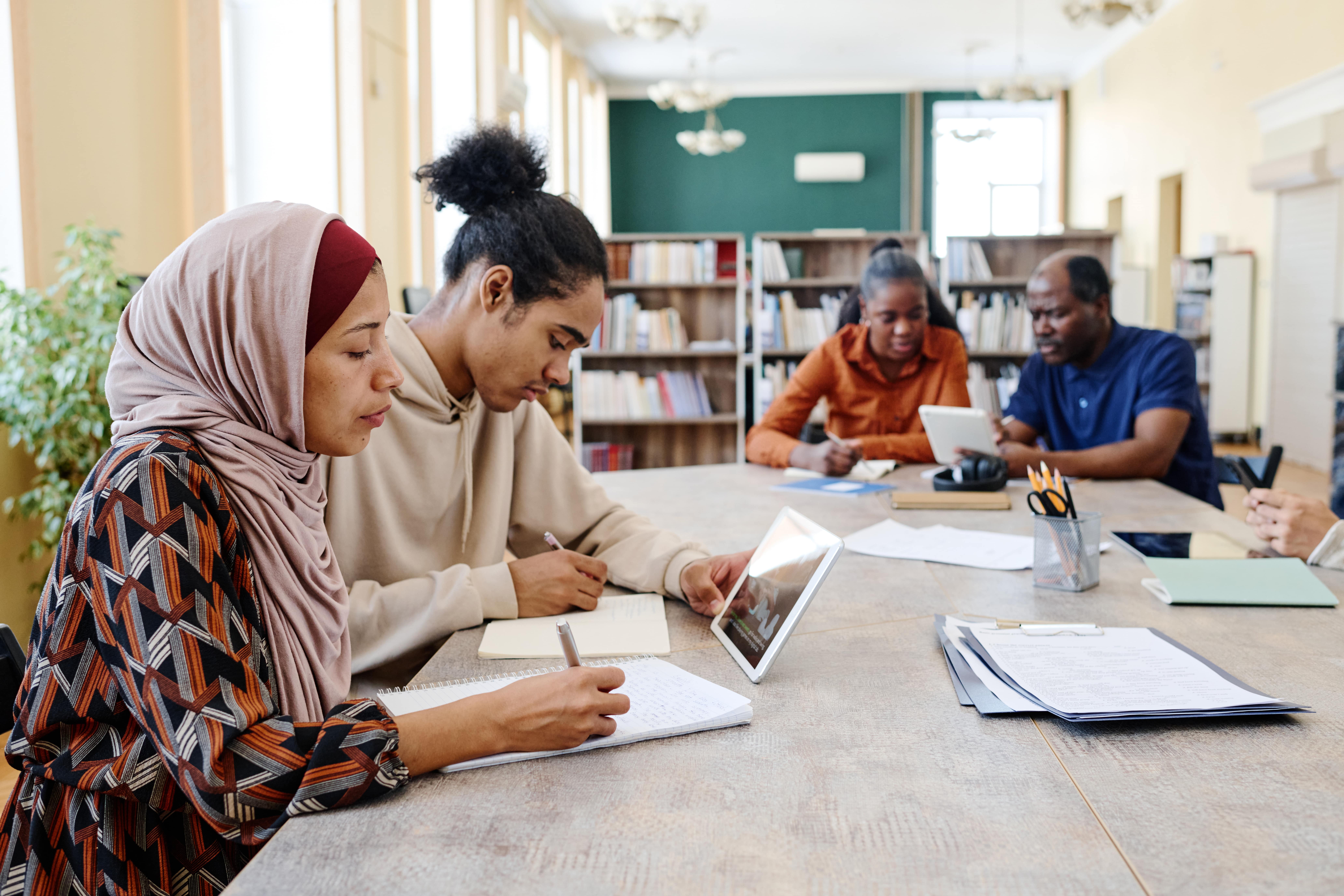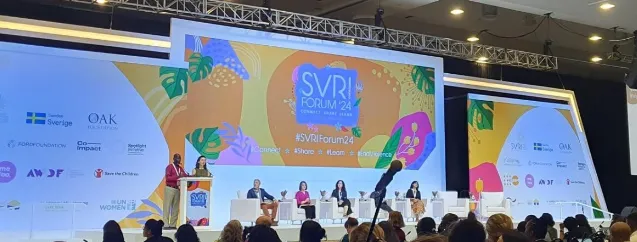The Hidden Incentives: The Journey Has Begun!

So, the journey has begun! Save the Children UK and the London School of Hygiene and Tropical Medicine have successfully secured funding from the Humanitarian Innovation Fund to develop our exciting innovation we call ‘The Hidden Incentives’. The Hidden Incentives innovation involves a novel soap that is specifically targeted at children to incentivise them to wash their hands more frequently with soap. The soap will contain a hidden incentive – a toy- and the more you rub the soap, the more quickly you reach the toy inside.
We will be developing and testing our soap with children between the ages of five and twelve in the internally displaced camps in the Rakhine State of Myanmar. In camps like these, transmission of disease is high due to overcrowding, limited access to key services, such as water and sanitation, and a highly contaminated environment.
Current handwashing promotion programmes are often underpinned by health messages and education; however, evidence suggests that health is not an effective motivator for behaviour change and low rates of handwashing persist. Instead of the traditional health messaging, our soap will use fun and curiosity as motivators for children to wash their hands with soap.
So, the very first step in our journey was to write a protocol for the intervention around the Hidden Incentive soap. First, we will map the current soap market to determine what soap is already there, the current retail price, and the most popular soaps. We will then conduct formative research, talking to household residents in the camps to understand the determinants of children handwashing with soap – what are the barriers to children washing their hands with soap and what would enable them to do it more often? Using the findings from the market analysis and formative research, we will design the Hidden Incentive soap with children to ensure it is culturally relevant and desirable. An iterative design process will be used to select the toy incentives for the soap, design the shape of the soap, the colour, and the smell.
Once we have refined our soap prototype we must determine the best way to deliver it – shall we put it in the hygiene kits, hand it out to children at schools, or ask the hygiene promoters in the camp to distribute and promote it? To answer these questions, we will conduct a multiple arm behaviour trial testing different delivery models, with frequent follow-up visits allowing each intervention to be iteratively adapted with feedback from the household participants and implementers.
We are currently securing ethical approvals from the Ethical Review Committee at the Department of Medical Research in Myanmar and look to begin our formative research in the new year.
Stay updated
Sign up for our newsletter to receive regular updates on resources, news, and insights like this. Don’t miss out on important information that can help you stay informed and engaged.
Related articles



Explore Elrha
Learn more about our mission, the organisations we support, and the resources we provide to drive research and innovation in humanitarian response.